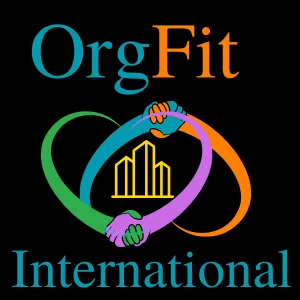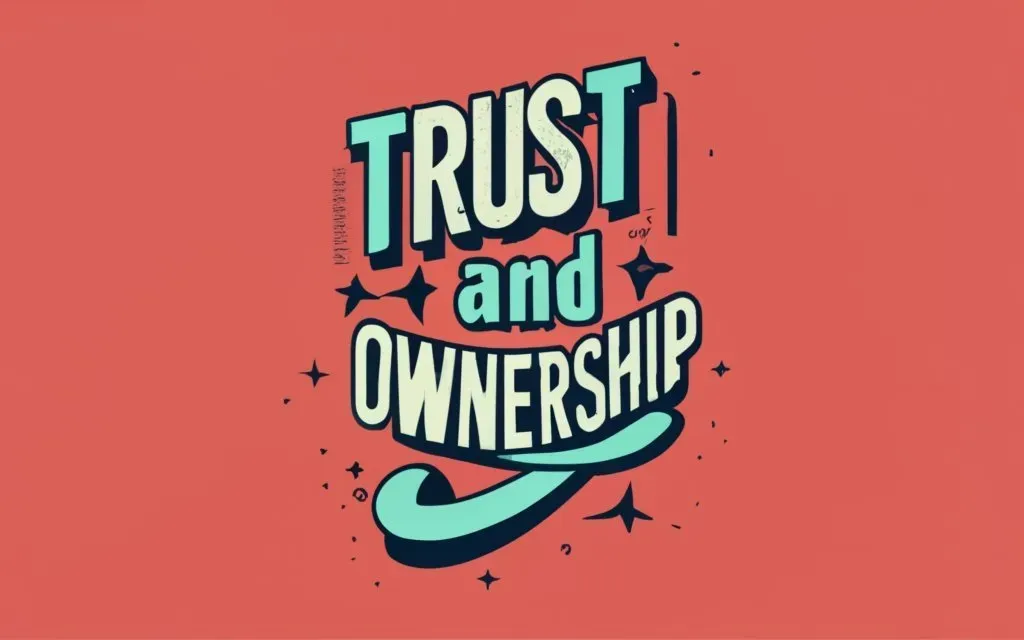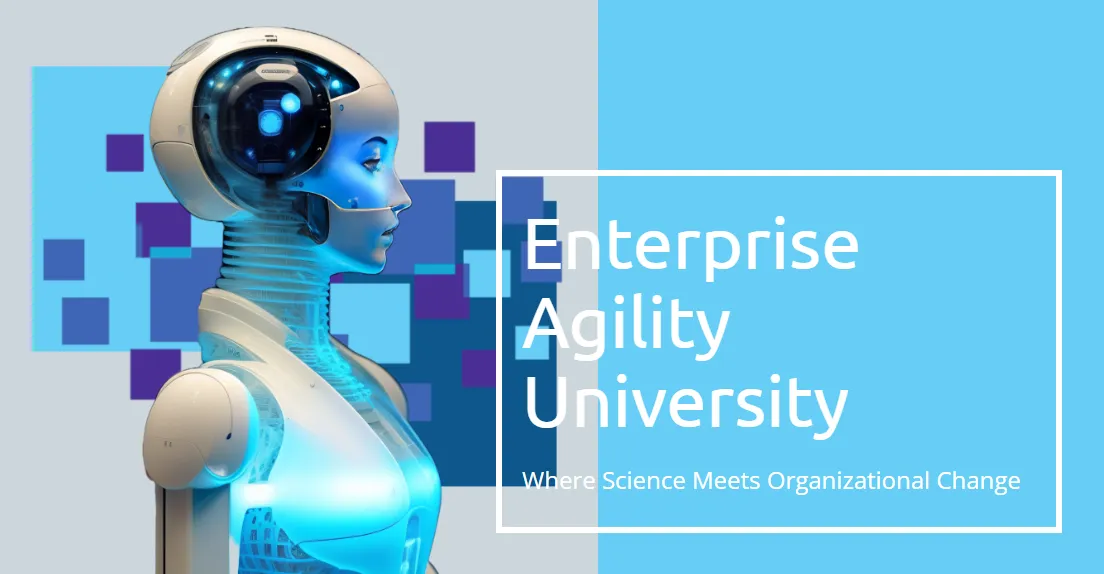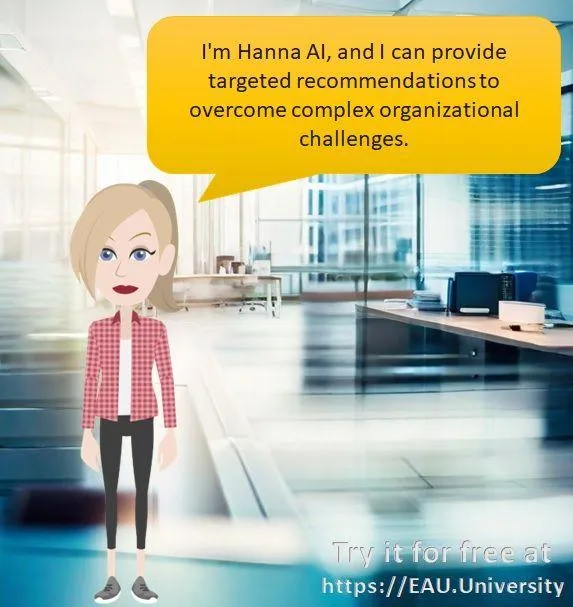“The impact of organizational health goes far beyond the walls of a company, extending to customers and vendors, even to spouses and children. It sends people to work in the morning with clarity, hope, and anticipation and brings them home at night with a greater sense of accomplishment, contribution, and self-esteem. The impact of this is as important as it is impossible to measure..” — Patrick Lencioni , Best-selling author, speaker, consultant and founder and president of The Table.
“Nothing changes, if nothing changes, except when in disruption in which everything changes” — Greg Pitcher, Co-founder, OrgFit International and Neurogility
Introduction:
Traditional values like respect, dedication, and willingness must be reevaluated in today's rapidly changing world. Replacing these values with trust and psychological ownership becomes essential as we face accelerated change and disruption.

We will explore why these emotional aspects are crucial for navigating the challenges of our evolving world. We will also delve into burnout statistics, health challenges, and the importance of diversity, shared progress, and neuroscience in Enterprise Agility. 😊💪
Replacing Respect with Trust 🤝✨ In a world where norms and best practices constantly evolve, respect alone may not be enough. Instead, we should focus on building trust, an instinctive internal emotional feeling. Trust goes beyond respect as it is based on mutual understanding, transparency, and reliability. By fostering a culture of trust, organizations can empower their employees to navigate the unknown, take risks, and adapt to new challenges. 🌱💫
Psychological Ownership in Enterprise Agility is the sense of responsibility and personal connection that individuals feel toward key initiatives, decisions, or outcomes within their organizations. When your workforce experiences a powerful sense of ownership, they feel invested in the success of their work and accountable for results. This leads to higher motivation, engagement, and willingness to put in extra effort. (Enterprise Agility University)
Shifting from Dedication and Willingness to Psychological Ownership 💼🔥 While dedication and willingness are admirable qualities, they can sometimes lead to burnout and unsustainable work practices. Replacing these values with psychological ownership is crucial in a world filled with conflicts and uncertainties. Psychological ownership is the sense of responsibility and personal connection that individuals feel toward their work and the organization. It goes beyond mere dedication and willingness by empowering individuals to take ownership of their work, contribute to shared progress, and maintain sustainable work practices. 💼🌟
The Impact of Burnout and Health Challenges 📊😔 Statistics on burnout, health challenges, and mental health issues highlight the importance of addressing these issues in the context of enterprise agility. The fast-paced nature of change and disruption can affect employees' well-being, decreasing productivity and engagement. By prioritizing diversity and shared progress and fostering a supportive work environment, organizations can mitigate the negative effects of burnout and promote overall well-being. 🌈💪
Embracing Neuroscience and Enterprise Agility 🧠🚀 Neuroscience provides valuable insights into how our brains respond to change and the importance of creating an environment to foster psychological ownership.
Organizations can foster a culture of adaptability, resilience, and innovation by incorporating neuroscience principles into Enterprise Agility practices. This includes promoting diversity, embracing shared progress, and leveraging the power of the human brain to navigate the complexities of our evolving world. 🧠💡
In times of accelerated change and disruption, replacing traditional values like respect, dedication, and willingness with trust and psychological ownership is crucial. These emotional aspects contribute to a culture of adaptability, shared progress, and sustainable work practices. Organizations can create an environment where employees thrive and contribute to long-term success by addressing burnout and health challenges and promoting diversity. Let's embrace the power of trust, psychological ownership, and neuroscience to navigate the challenges of our ever-changing world. 🌟🚀





